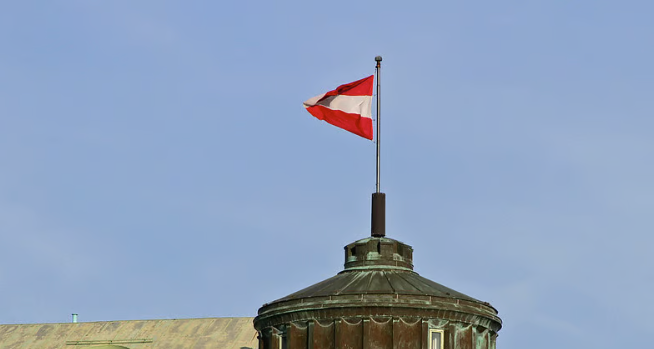
After the far-right victory: what’s next for the Austrian government?
Elections in Austria are over. The Austrian far-right celebrated a historical victory by winning the most votes following a similar success in the European Parliamentary elections in July this year for the first time ever.
But what came as a huge electoral success does not translate into power-sharing as it happened in 2017, when the far-right Freedom Party of Austria (FPÖ) became a coalition partner of the centre-right Austrian People’s Party (ÖVP).
Usually, the federal president gives the mandate to form a government to the strongest political party. While this is not enshrined in the constitution, it has been the political norm since 1945. Not so in 2024, when FPÖ made a historic win to become the strongest party. This time around, Austrian president Alexander Van der Bellen opted to invite the second strongest party, the Austrian People’s Party (ÖVP), to start negotiations as every single party ruled out going into coalition with the FPÖ.
For many conservatives, this was an “irresponsible” move. This would only further the resentment against the “system,” as the FPÖ calls the rest of the established political opponents. Some conservatives might even prefer a coalition with the far-right, with whom they rather share many of its economic as well as anti-immigration and anti-Islam views.

 Search
Search